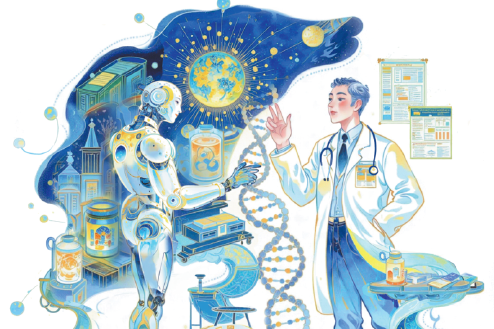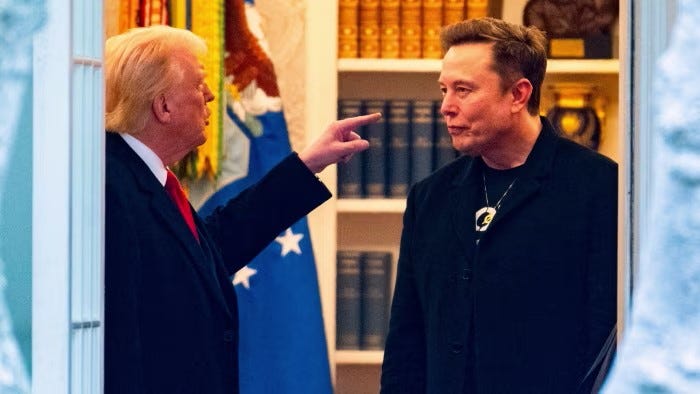Apple's WWDC 2025: A Pivotal Moment for Future Strategy and Products
Apple is approaching its Worldwide Developers Conference (WWDC) 2025, an event keenly watched by developers, investors, and Apple enthusiasts, amidst a period of significant challenges and scrutiny. The conference, scheduled to begin with a keynote from CEO Tim Cook at Apple's Cupertino campus, is seen as a 'critical opportunity' for the tech giant to address pressing concerns, particularly regarding its artificial intelligence initiatives, known as Apple Intelligence.
A major focus of WWDC 2025 will be Apple Intelligence, the company's AI software suite introduced at WWDC 2024. Despite its initial unveiling, Apple Intelligence has reportedly fallen behind schedule and has not yet met analyst expectations for driving more iPhone upgrades. Specifically, a promised more personalized Siri, showcased in 2024, was delayed, with Apple acknowledging through the Daring Fireball blog that it would take 'longer than we thought' to be ready for release. Analysts like Gadjo Sevilla from EMARKETER emphasize that WWDC 2025 is crucial for Apple to clarify its AI roadmap and demonstrate its capabilities, especially as the company's AI transition has been described as fraught with delays and an inability to showcase its own AI prowess.
Beyond AI, Apple is grappling with several other significant headwinds. The company has faced a difficult start to 2025, marked by legal battles concerning its App Store policies, unpredictable tariff announcements that have complicated its supply chain, and ongoing challenges in China, a vital market for sales and manufacturing. During an earnings call in early May, Tim Cook informed investors to expect $900 million in tariff costs in the June quarter. Further complicating matters, President Donald Trump stated that iPhones produced outside the US would face a tariff of at least 25%. Analysts have previously noted that shifting iPhone production away from countries like India and China to the US could take up to 10 years and cause iPhone prices to skyrocket. Forrester analyst Dipanjan Chatterjee warned these tariff changes could have 'grave consequences' for the company.
Adding to its woes, Apple suffered a major setback last month in its yearslong court battle with Epic Games. A judge ruled that Apple will no longer be able to collect a 27% fee from US developers who direct users to make purchases externally. WWDC, being a developer-focused event, presents an opportunity for Apple to try and mend ties with app builders who have expressed frustration over its restrictive ecosystem and high fees, as noted by Sevilla.
Competitive pressures are also mounting. OpenAI, which partnered with Apple last year to bring ChatGPT to Siri, recently tapped Apple's former design lead Jony Ive to work on wearable AI hardware. Ive, who worked closely with Steve Jobs on iconic Apple products, left the company in 2019. This development has fueled concerns among analysts that Apple's position as an innovation frontrunner might be slipping, particularly since Apple was perceived as being late to the AI game. Sevilla suggested that this 'raises expectations for Apple to counter with its own AI innovations,' especially to dispel the narrative of the 'next big thing' happening outside Apple, led by its former star designer.
Despite these challenges, some analysts like Dipanjan Chatterjee anticipate that announcements at WWDC 2025 might be 'relatively incremental and muted,' with the possible exception of a 'likely visual design overhaul of the user experience.' However, the stakes remain high. Apple does possess a significant advantage in the AI race: its massive, global distribution channel for its software, given that the iPhone is the most popular smartphone in the world. The tech world will be watching closely to see if Apple can leverage this and its WWDC platform to effectively course-correct its AI strategy and address the multitude of challenges it currently faces. Business Insider will be liveblogging Cook's WWDC keynote.













